The REACH Network recently held an important discussion on mortality surveillance, enabling the Network community to hear at first hand about the experience of REACH teams in Mali and Niger, who have recently completed large-scale mortality surveillance surveys.
Such surveys are a vital component in the evaluation of the impact REACH programmes are having – and will, hopefully, continue to have – on child health.
This session, then, was an invaluable opportunity to capture real-world lessons derived directly from teams’ experience of conducting complex fieldwork in challenging conditions.
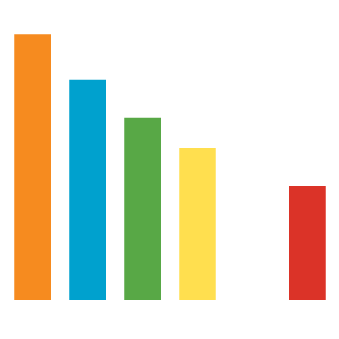
THE VIEW FROM MALI
Agility and reactivity for comprehensive coverage
Over recent months, REACH Mali has been conducting cluster-based household surveys across five regions: Kayes, Koulikoro, Segou, Sikasso, and Mopti.
The team set themselves an ambitious goal – to enumerate some 600 “Sections d’énumération” (“enumeration areas”) and produce mortality estimates accurate within a 5% margin.
Those figures tell only half the story, however.
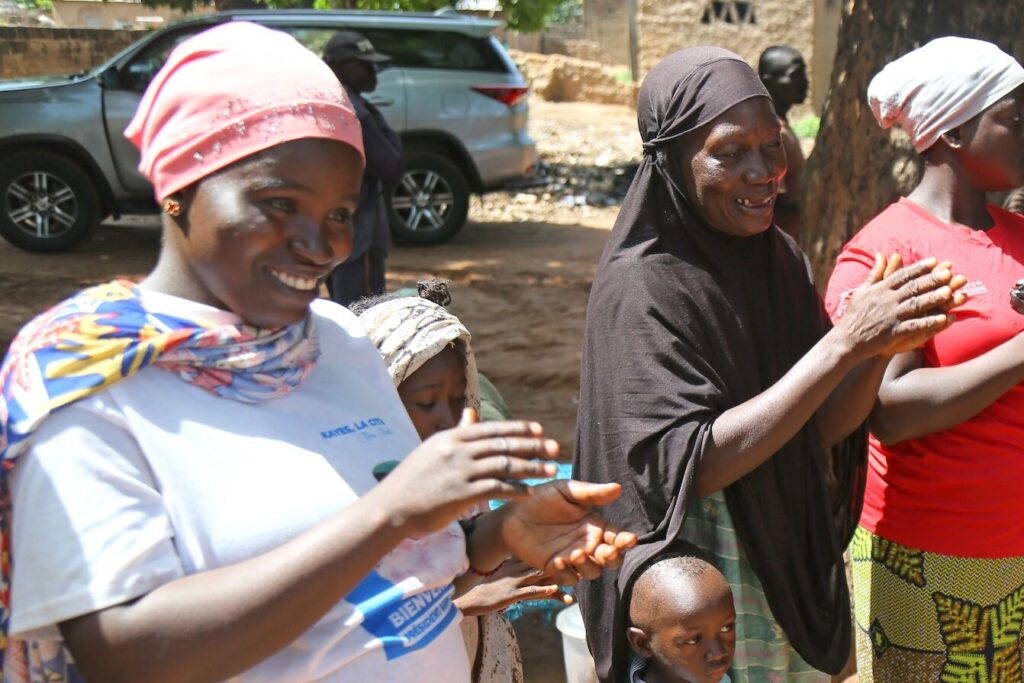
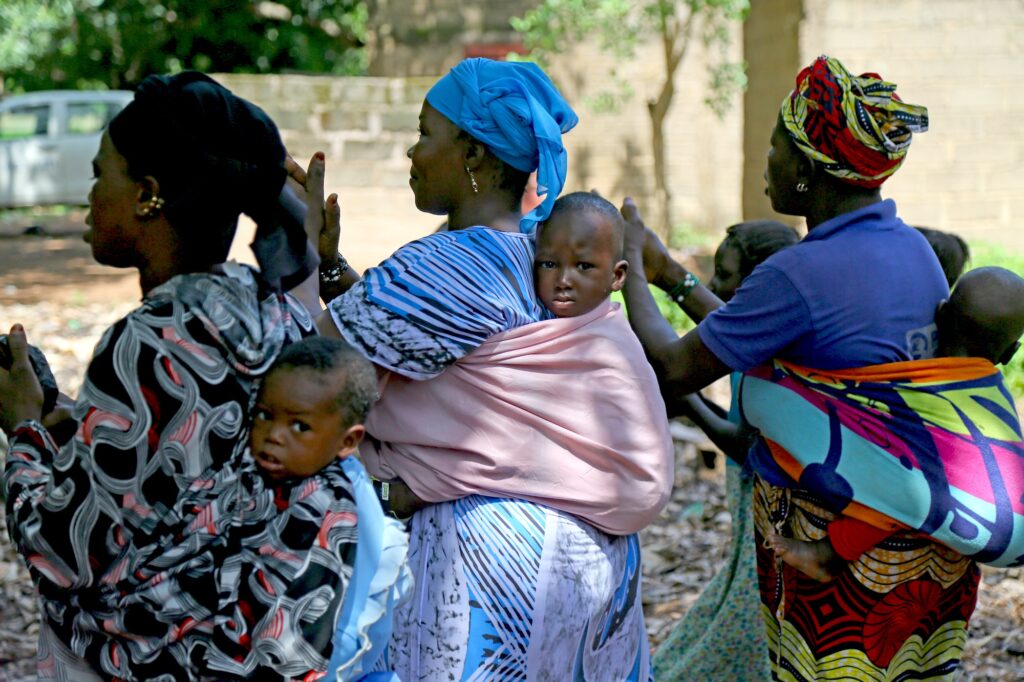
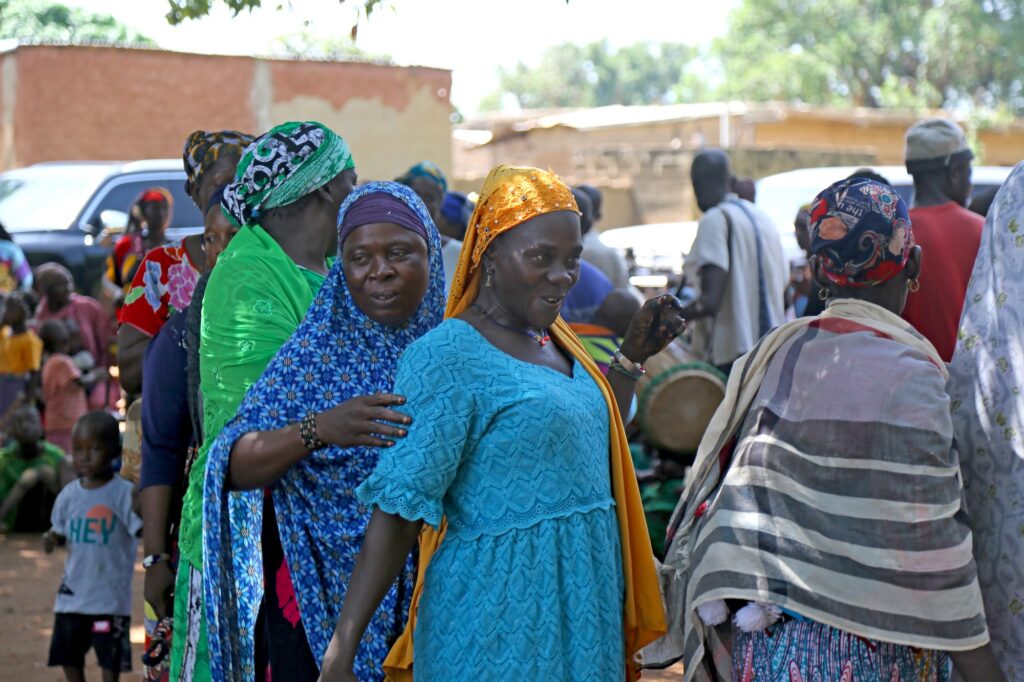
Surpassing targets
Having to contend with fuel shortages and banking strikes – not to mention difficult terrain and challenging weather conditions – the team, made up of CVD-Mali staff and representatives of the General Health Directorate and the National Institute of Statistics, succeeded remarkably.
Expanding the number of field teams at their disposal, and paying particular attention to recruitment and training in the localities where the survey was to be carried out, REACH Mali surpassed their initial target in terms of subject interviews. Some 25,000 interviews had been planned, whereas the team actually interviewed 26,270 women.
Electronic data capture tools, GPS verification, and real-time supervision all ensured data quality and accountability throughout the process.
Community at the heart of operations in Niger
The Niger team’s mortality surveillance centred on collecting information about pregnancy histories.
AVENIR II teams partnered with regional health authorities and the National Office of Statistics and made community engagement their top operational priority.
Sensitisation of households to the purposes and methods of the survey was carried out with the help of local guides and town criers before the REACH AVENIR teams went door-to-door.
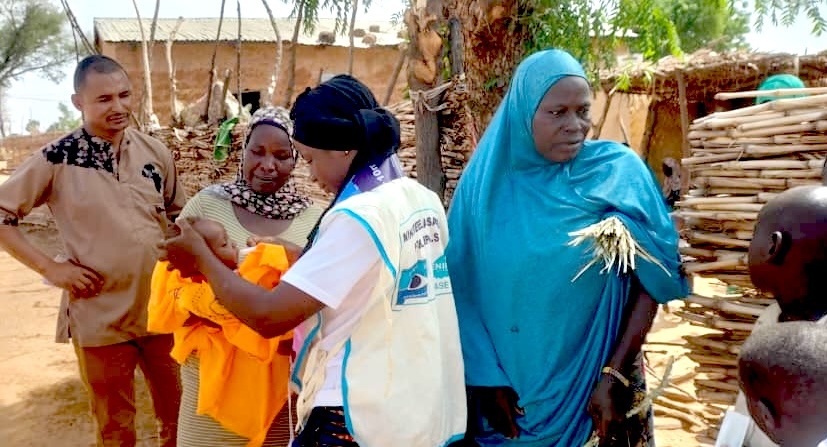
Breaking down barriers
Powered by tablets running CommCare, and with the aid of GPS tracking and daily performance reviews, the Niger team also overcame major hurdles – including sensitive cultural barriers around discussing pregnancies.
And in Niger too, there were logistical and technical challenges, not the least of which was syncing data in remote areas.
However, here too a focus on localised training and on real-time problem solving helped the team successfully navigate logistical and social complexities.
Informing further REACH work
The unique geographies, and social contexts encountered by both country teams in their own terrain and in their own diverse and various communities required skilful navigation, often ad-hoc adaptation, and an ability to react to evolving circumstances.
These are qualities common to teams throughout REACH intervention areas.
It bears repeating, however, that when faced with insecurity, hard-to-access localities and systemic challenges, REACH teams are able to rise to the challenge with commitment and creativity – and, crucially, to do so without compromising the safety and security either of team members or the communities they serve.
The experiences shared from Mali and Niger offer some important pointers and lessons as REACH seeks to expand.
Community, community, community
Early and sustained community engagement is vital. So too is the ability to be flexible and to adapt strategies to accommodate real-time data validation.
These lessons can inform future survey planning across the REACH programme of interventions.
The REACH Network thanks the Mali and Niger teams for sharing their results with their peers and colleagues – and salutes the incredible work and dedication that enabled them to complete these surveys on such a massive scale, so promptly, and with such precision.
Members may read and download the presentations shared with the meeting by the Mali and Niger teams here.
